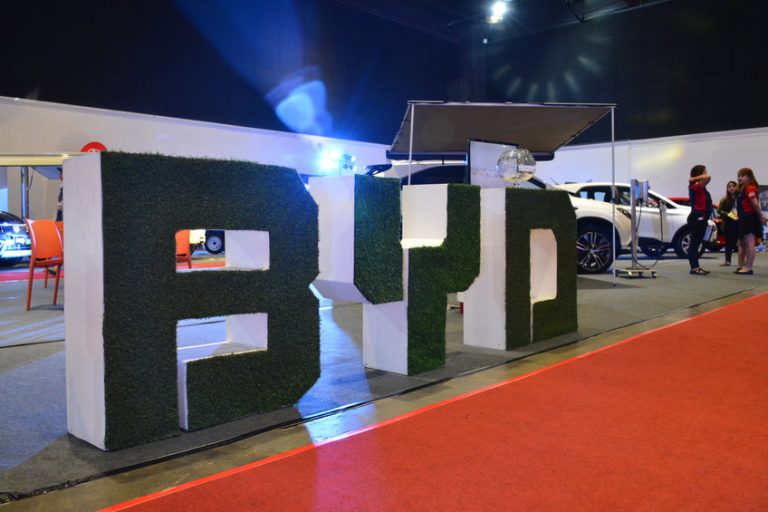As electric vehicle (EV) demand wanes across the US and Europe, Chinese EV maker BYD is on track to outpace Tesla in vehicle sales this year. Despite the implementation of tariffs on Chinese EVs in these regions to boost local manufacturers and meet political objectives, BYD is thriving by expanding its market presence globally, particularly in other Asian countries.
BYD’s meteoric rise in the EV market
BYD’s rapid growth is turning heads, with the company on the verge of surpassing Tesla in EV sales for the year.
This impressive trajectory is evident despite facing tariff barriers in the US and Europe.
Recently, BYD announced a $1 billion investment in Turkey, opened a facility in Thailand, and is collaborating with Mega Conglomerate to establish operations in Pakistan.
While these expansions are promising, the company’s growth could be hindered by potential resistance from the US and Europe, which are keen on limiting BYD’s influence in emerging markets.
Tesla’s struggles and BYD’s competitive edge
Tesla, BYD’s main competitor, released a lackluster quarterly earnings report with an EPS of $0.52, falling short of analysts’ estimates of $0.62, and marking a 43% year-over-year decline.
In contrast, BYD has already shown its dominance in volume, having shipped 526,049 electric vehicles in Q4 of the previous year, compared to Tesla’s 484,507.
Despite BYD’s growing sales volume, Tesla remains the largest car company by market capitalization, valued at $786 billion, significantly ahead of BYD’s $100 billion.
Buffett reduces BYD stake below 5%
Amid BYD’s ascendancy, Warren Buffett continues to pare down his stake in the company. His latest move reduced his holdings from 5.06% to 4.94%, which means he no longer needs to report his sales of the stock on the Hong Kong Stock Exchange.
Typically, when Berkshire Hathaway sells shares in a company, the stock price takes a hit. However, BYD has been an exception, partly because Buffett has been gradually reducing his stake for years.
At one point in 2008, Berkshire held a 40% stake in BYD. Even when BYD’s stock hit all-time highs in 2022, Buffett still held more than 20%. Over the past two years, he has sold over 75% of that stake.
Analysts’ perspectives on Buffett’s move
Analysts generally agree that Buffett’s continued divestment from BYD is not surprising. Angus Chan, an analyst, noted, “It’s a profitable investment, but eventually Berkshire will sell all of its shares of BYD.”
Meanwhile, Joel Ying of Nomura suggests that geopolitical tensions are partly influencing these sales.
Berkshire Hathaway has indicated a strategic pivot towards more opportunities within the US.
Buffett’s recent actions, including the complete divestment from Taiwan Semiconductor Manufacturing Company due to political tensions between Taiwan and China, reflect this shift.
As BYD continues to grow globally, its ability to navigate these obstacles will be crucial in maintaining its upward trajectory.
The post BYD poised to surpass Tesla in EV sales despite Buffett’s divestment appeared first on Invezz



